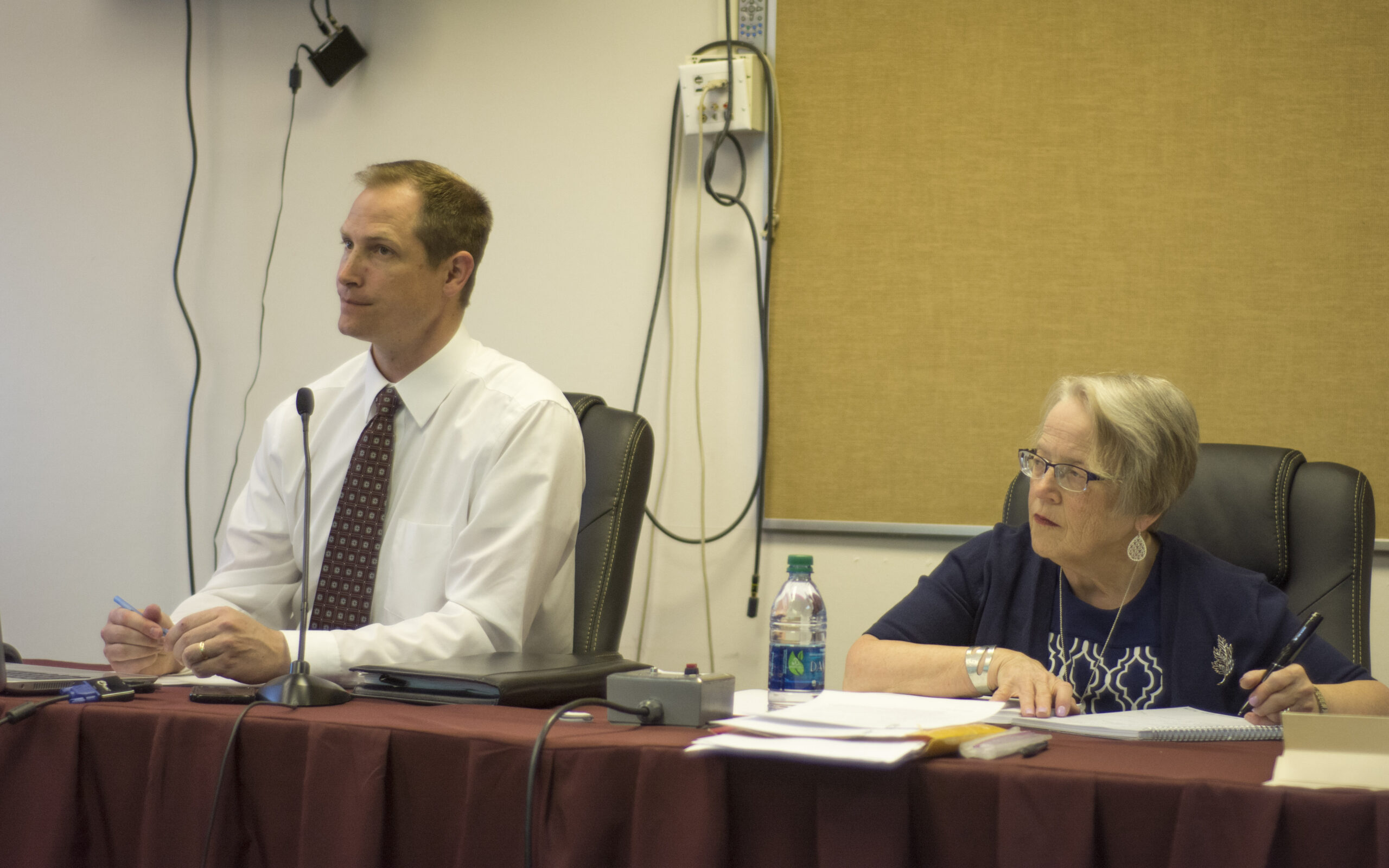
CARIBOU, Maine — Caribou city councilors unanimously voted on May 14 to join a nationwide lawsuit against companies responsible for creating and distributing opiates such as hydrocodone, oxycodone, oxymorphone, and methadone.
Specifically, the council’s motion involves authorizing two law firms, Napoli Shkolnik, PLLC of New York, and Trafton, Matzen, Belleau & Frenette, LLP of Auburn to seek legal action on behalf of the city in regards to costs incurred as a result of the opioid epidemic.
If Caribou succeeds, the city would be reimbursed up to 75 percent of taxpayer costs spent handling opiate-related incidents ranging from hospital treatment to police and ambulance resources utilized to treat opiate-related incidents. EMTs in Caribou and throughout the country, for example, often administer Narcan, an expensive medication paid for with tax money, in an effort to reduce opiate overdoses.
Mayor David Martin said he saw “no downfall” in joining the lawsuit, as there are no upfront costs for any municipality. Instead, the law firms will collect at least 25 percent of the money awarded to Caribou if the suit is successful.
Napoli Shkolnik specializes in numerous areas, including opioids, medical malpractice, aviation accidents, workers compensation, and personal injury, and has collectively recovered roughly $2 billion for their clients altogether.
Trafton, Matzen, Belleau & Frenette represents the entire state of Maine and also specializes in a variety of areas, such as business, municipal law, real estate law, fire losses, and professional malpractice.
Caribou City Manager Dennis Marker said Aroostook County Administrator Ryan Pelletier invited the city to join the lawsuit, adding that the city “wouldn’t pay anything unless we were awarded.”
In addition to Aroostook, Androscoggin and Kennebec counties also have signed on to join the lawsuit.
Attorneys are specifically targeting six manufacturers (Purdue Pharma, Teva Pharmaceuticals, USA, Inc., Johnson and Johnson, Endo Health Solutions, Insys Therapeutics, and Allergan plc (f/k/a Actavis plc) in addition to three opioid distributors: McKesson Corporation, Cardinal Health, Inc., and Amerisource Drug Corporation).
According to a powerpoint provided to the city by Napoli Shkolnik, the lawsuit is targeting manufacturers for “falsely and fraudulently marketing opioids and pain medications as safe and non-addictive, failing to perform proper long term studies regarding the effects of their drugs,” and “creating a false perception of the safety and efficacy of opioids in the medical community.”
The New York attorneys are targeting distributors for “failing to report suspicious orders as required by law,” … for “dispensing, supplying and/or selling prescription opioids without adequate safeguards to prevent diversion,” and for their “injury to counties and their citizens.”
While Aroostook’s population may be lower than other counties in the state, The County has its share of opiate related troubles. In late 2016, for example, five people overdosed on heroin in one day.
Statewide, the number of Mainers who died from drug-induced deaths rose to 418 in 2017, compared with 376 who died the previous year, according to the Maine attorney general’s office.
Marker told councilors that city and County officials have been approached because of all the time and money spent dealing with the epidemic.
“A lot of that is the criminal justice costs, crisis center and law officer time, such as new training and tests to deal with certain drugs,” he said. “This all has a cost, and the award is to help us offset some of those costs.”
He added that the city’s task moving forward is to figure out costs incurred, in addition to time spent, in relation to opiates and give that information to the lawyers.
“Cities around the country are signing onto this,” he said. “We’re not trying to go after these companies; it’s about having our costs recovered.”
Police Chief Michael Gahagan said the bulk of the work will involve which cases specifically involved opioids, adding that “local hospitals are impacted the most” by the epidemic.
Councilor Joan Theriault asked Gahagan if he was in favor of the lawsuit, to which he said, “Yes.” At that point all councilors unanimously voted to join the lawsuit.




